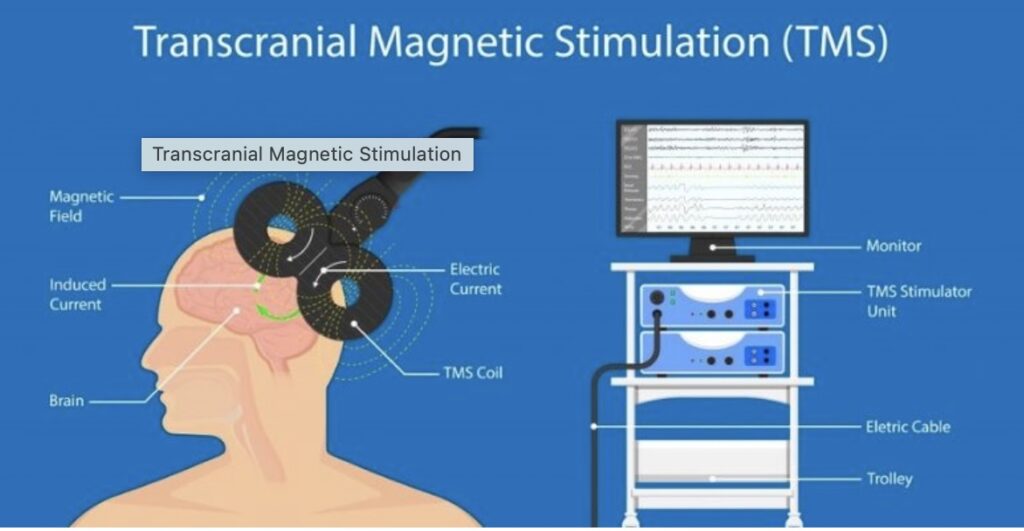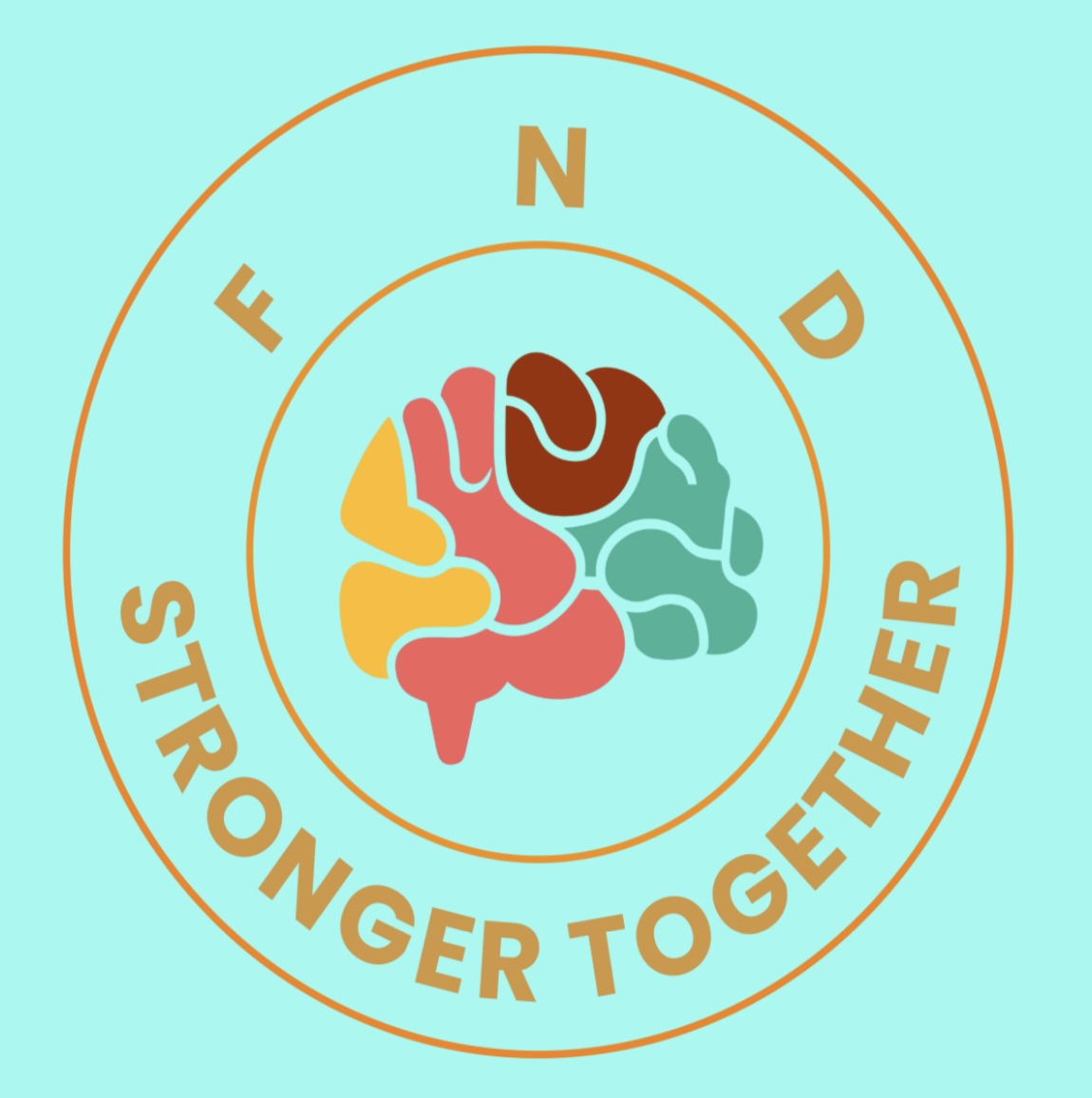
Overview of Available Treatments for FND
Which treatments are available for FND
The good news is that treatments for Functional Neurological Disorder are available to manage and improve FND, though access may vary depending on your location.
Personally, I have experienced positive results from rTMS, physiotherapy, and psychological therapy. However, it’s important to understand that what worked for me may not necessarily work for you.
These treatments are all types of rehabilitation therapy focused on enhancing your ability to perform daily activities.
Many are specifically designed to help ‘retrain the brain.’ While some individuals experience significant improvement or even remission, others may continue to have FND symptoms despite undergoing treatment.

Physiotherapy
Specialised physiotherapy can be extremely beneficial in the treatment and management of Functional Neurological Disorder (FND).
This type of therapy is designed to help retrain and remind the body of the correct and natural ways it should move.
Additionally, it plays a crucial role in helping you gradually rebuild any strength and stamina that you may have lost due to the condition, supporting overall recovery and improving your quality of life.
Read More:- https://neurosymptoms.org/en/treatment/physiotherapy-exercise/

Occupational Therapy
Occupational therapy can be very beneficial in the treatment of Functional Neurological Disorder (FND).
An occupational therapist will collaborate closely with you to carefully plan and set realistic treatment goals tailored to your specific needs.
They will then support you step-by-step, helping you gradually build both your confidence and your ability to achieve these goals over time, promoting improved daily functioning and quality of life.
Read more: – https://neurosymptoms.org/en/treatment/occupational-therapy/

Psychological Therapy
Cognitive Behavioural Therapy (CBT) is the most widely used psychological treatment for Functional Neurological Disorder (FND).
Psychological therapy can benefit many individuals with FND, including those who do not experience stress in their lives.
It can provide valuable insight into FND and how it relates to your personal situation.
Psychological therapy can also help you learn to manage low mood, anxiety, past traumatic events, and any other psychological challenges you may be experiencing.
Not everyone with FND needs psychological therapy.
Read more:- https://neurosymptoms.org/en/treatment/psychological-therapy/

Speech, language and swallowing therapy
Speech and language therapists are available to support you if you’re having difficulty with speaking or swallowing.
They use a variety of tailored techniques to address specific challenges, such as guiding you to shape particular sounds or practicing breathing patterns to improve your speech.
Read more:- https://neurosymptoms.org/en/treatment/speech-and-language-therapy/

Repetitive Transcranial Magnetic Stimulation (rTMS)
Research has shown that Repetitive Magnetic Stimulation (rTMS) to have a high rate of improvement in patients with functional motor symptoms
During an rTMS session, an electromagnetic coil is placed against the scalp of your head.
This coil delivers magnetic pulses that stimulate nerve cells in the region of your brain involved in controlling the muscles in the legs and arms.

HYPNOSIS THERAPY
The most commonly used hypnotherapy approach for treating functional movement disorders is the “split screen technique.”
In this method, patients deliberately trigger a typical episode but retain control to start and stop the abnormal movements.
They are also educated to identify early warning signs and understand the chain of triggers leading to functional movements or seizures.
Patients learn to apply self-hypnosis at the first sign of symptoms to prevent or interrupt the dysfunctional movements.

Medication
Medication can be an important part of managing certain symptoms associated with FND, such as pain, depression, and anxiety.
You and your healthcare provider can work together to determine if medication is the right option for you.
There are many types of medication that can make FND worse, including opiates like morphine, dihydrocodeine , or codeine.
Always check with your Doctor or healthcare provider before making any alterations to medication prescribed
Read more:-/https://neurosymptoms.org/en/treatment/medication/
Continue Navigating the Complexities of FND

Techniques to Manage FND
Overview of the different techniques to manage the symptoms of FND




